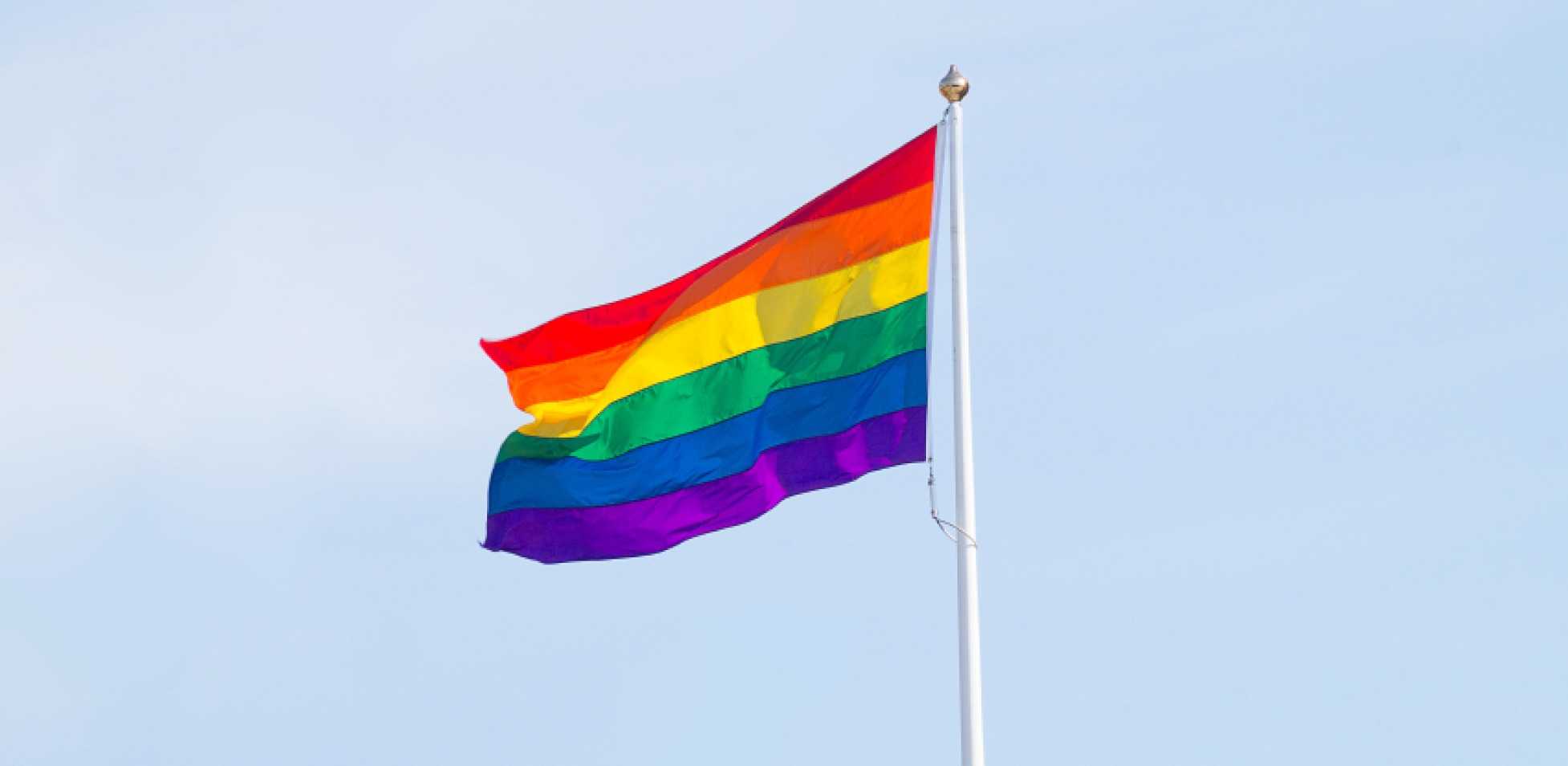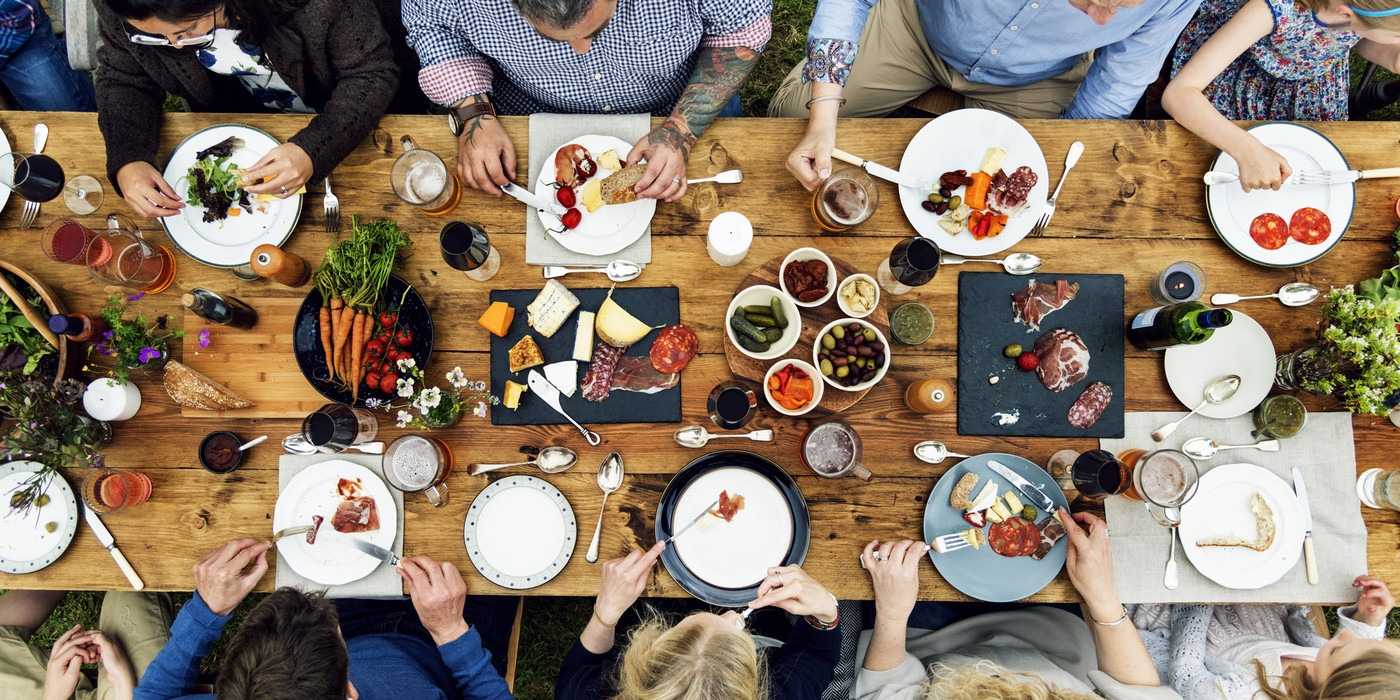Visiting ‘Home’: The Double Life of an Expat
I recently took my very first trip home to England a year after moving to America to live with my American husband in the autumn of 2012. Due to conflicting work schedules, I took the trip alone, leaving my husband in the States while I visited family in England. After establishing a new life abroad, it felt like I was living a double life. I’m sure I’m not the only expat to feel this way.

Conflicting Interests
Since moving to America, I’ve gotten married, embarked upon a freelance writing and editing career, and made a circle of close friends, not to mention getting to grips with a new city and culture and learning to run my own household. But as much as America is now my home, it is impossible for any expat to simply wipe the slate blank of everything which came before.
I left England without really fully thinking about the consequences. I left behind close family and friends, an abundance of personal possessions; even my toothbrush in the sink of my mother’s house and my pyjamas under the pillow of my bed (sorry, mum).
It’s impossible to throw that away. Honestly, on my first visit home, I didn’t know what to expect. Would I still feel like England was home? Would I rethink my decision to plunge into an expat life?
Moving On
I was shocked and confused to return to England and realize how out of touch I was with people, places and life in the place I had lived for 20 years. For the first few days my hands fumbled on unfamiliar light switches and shop assistants looked at me quizzically as I wished them a good day. On the other hand, everything was so familiar. Sinking back into my old life was almost too easy, and within days my new life in America seemed slightly surreal.
Being able to slip from one life to another is a strange experience that many expats will relate to. By becoming an expat you start a new life, but fragments of the old one still linger in your native country, tempting you when you return.
Being an expat can be like being two people at once, split between two places. Half my identity belongs to England, and by visiting, I revived that person, the person I was before I left. She used to read in front of the fire, sit on the sofa with her mother and sister and watch girly movies and reruns of their favorite TV shows. For dinner, she ate baked potatoes, sausages and mash, meat and two veg — good, sensible English food.
The person I am in America still curls up with a good book and watches silly TV shows, but the setting has changed. Now I sit down with my husband in the evening, and I plan dinner each night: maybe enchiladas one night, falafel or lentil burgers the next. Home-cooked meals, ones which will provide us with lunches for the working week and incorporate a vibrancy of cultures and cuisines.
It’s strange, because in so many ways I’m the same person in America and I do the same things. But after spending two weeks back in my old life in England, I realize how much my way of looking at things has changed. It was like having a cultural identity crisis.

Best of Both Worlds
It’s strange, this double life of an expat. I have two homes, two families, two sets of friends — even two voices. I never knew that I spoke with an American accent when I talk to my husband until my mother pointed it out as I chatted to him on Skype.
After visiting England, I realize that it isn’t “home” anymore. In a way, of course, it will always be home, but that sense of relief at being at the end of my journey only came to me when I was back in America, in my flat, with my husband.
Many expats never really feel 100% at home in their adopted countries and to some extent I am the same. There are things and customs in England that still tempt me to return. I will always be a little 50–50 and some things about America will always seem foreign.
But it makes you think: what makes home into home? Because some little things I am missing in America are present in my old life, waiting for me to return, but when I was in England I felt incomplete, because part of me now belongs to America and my new life here.
In the end, we expats have to look on the bright side. We get the best of both — the enjoyment of a new culture and lifestyle, and the promise that our native countries will always be there when we go back, even for a short while. For every expat, visiting our native countries evokes some strange, nostalgic emotions, but for me, at least, visiting “home” made me rethink the definition of the word. As expats, we either have no home, or two — and it’s up to us to decide which way we prefer.
Advertisement
About Emily Nemchick
Emily Nemchick is a Brit currently living in America. She is a freelance writer who loves tea and biscuits, crisp autumnal walks and cooking delicious food from all over the world with her American husband. You can find out more about Emily’s work via her profile or mail.
Article topics
Related articles
To Blow or to Sniff — Culture Shock for an Expat
Do you blow your nose or sniff in public? Your choice might well depend on the country you come from. InterNations member Kaushik shares his experience, and helps to decode a simple action, which really isn’t that simple, when you are an expat.
InterNations LGBT Expats
Expat communities and resources are abundant in this day and age. But while you find information for almost every expat type, LGBT expats are often ignored and find it harder to meet other expats who are in the same situation. This is a place to share your experience and help other expats along the way!
Stuck in Peru: How COVID-19 Delayed Our Moving Plans
InterNations member Chris and his wife had solid plans of leaving Peru to start a new life in another country. When the COVID-19 pandemic reached the country, everything was put on hold and even visiting family in the UK became impossible. Here, Chris tells us how their plans changed.
Everyday Expat Fails
Expat life brings with it cultural challenges and unexpected surprises, which can take some getting used to. We have compiled a list of some entertaining anecdotes and funny “fails” that expats have experienced during their time living abroad.
How to Be the Perfect Host (When the Family Comes to Visit)
There comes a time for every expat when family and friends announce that they want to visit. The pressure to make their stay perfect is high but never fear, InterNations member Rose has some great advice on how to master this situation and be the perfect host.




